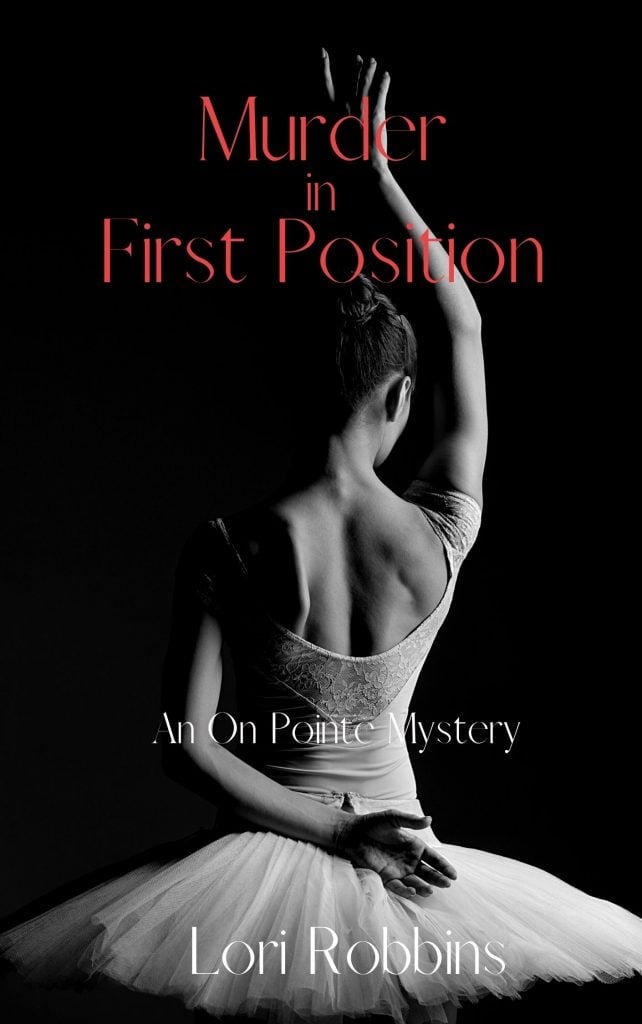
Characters: The facts behind the fiction

Fictional characters, whose reach extends far beyond the covers of a book, are legendary. As a kid, Harriet the Spy spoke to me, as did Jo March in Little Women. I suspect many an aspiring writer feels similarly about Harriet and Jo, for whom writing is an essential part of who they are. It’s also the reason why, somewhat counterintuitively for a crime fiction writer, I start with the characters, rather than the plot. I can’t remember the details of many Agatha Christie mysteries, but who can forget Miss Marple or Hercule Poirot? Similarly, I’ll follow to the ends of the earth the details of a twisty thriller, as long as Jack Reacher is in the driver’s seat.
In Murder in First Position, I began with a character who wasn’t immediately sympathetic. In fact, the first thing Leah says about herself is that when she was in high school, she was the sort of pretty, confident girl all the other kids wanted to kill. This flawed narrator lets us know right away she’s far from perfect; she’s brutally honest about her fears and her shortcomings. In other words, she looks like us, or perhaps our friend, our neighbor, or our colleague. You don’t have to know anything about ballet to understand her anxieties about her job, her love life, or her family. While the fictionalized world of professional ballet dominates the setting, the relationships withing that world mirror a much more familiar landscape.

I write in the first person, partly because that narrative choice allows me to express, without filters, the best and worst aspects of my protagonist. As a former professional dancer, I can add the kinds of details that bring the setting to life, but I am not Leah. Nor am I her mother, her best friend, or the killer who’s stalking her. And yet, all of these characters are part of me. The broad strokes make them relatable, and the details make them unique.
Amateur sleuths offer a particular challenge to the writer. What on earth could make a perfectly ordinary person decide to investigate a murder? Figuring that out, of course, is also one of the most interesting things about writing amateur sleuth mysteries. Only an extraordinary set of circumstances could propel me, a mild-mannered and risk-averse writer and English teacher, to pursue a killer.
Whereas professional detectives are motivated by money, or revenge, or mortal peril, the motivation for amateurs is more personal and more intimate. These kinds of mysteries allow the reader to follow along, in real time, in the investigation. The same desires and fears the characters face become our desires and fears. Ideally, the investigation into a murder enables the protagonist to learn something important about herself. She becomes a better, more interesting version of the person she was on page one.
People who know me, often ask why I write mysteries. I think it’s because mystery novels demand, and deliver, justice. In this chaotic world, a decisive resolution is deeply rewarding, and when a “real” person has the opportunity to provide that kind of satisfying ending, it’s a win for all of us ordinary people.
Learn more about Lori Robbins and Murder in First Position at www.lorirobbins.com. Would you like more author news? If so, click here to read more Behind the Story interviews from your favorite authors.
a Rafflecopter giveaway
So excited to be with Terry on my first stop of the Great Escapes book tour!